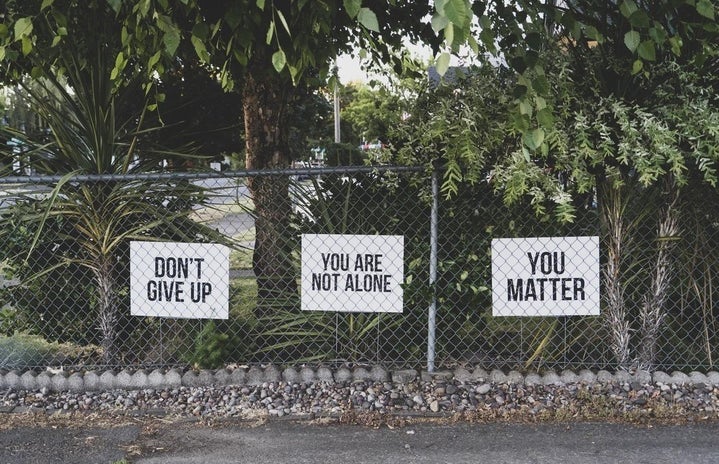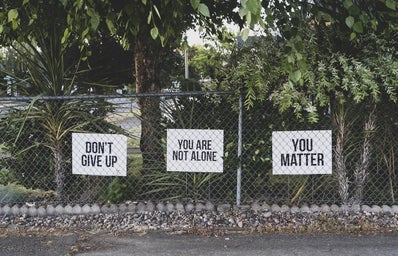Reaching out for help can seem daunting. There are doctors, psychiatrists, therapists, psychologists, counselors, nurse practitioners, and others who can help. The abundance of people is amazing, but finding the right fit can be difficult sometimes. It’s important, regardless of who you are seeing for help, to advocate for yourself.
When I first began seeing therapists and psychiatrists I felt so out of my league. They are people who have gone to college to receive bachelors, masters, and even Ph.D.’s in their field. How would I know anything when they’ve gone to school for years about it? It took a couple of years, but once I found my voice I began speaking up. This led to the best treatment plan I’ve ever had and has helped me become the best version of myself. Here are five things that helped me learn to advocate for my mental health.
- Visiting my therapist weekly. I have had many different therapists over the years and the one I currently have is one of my favorites! Every appointment I can bring any of my medication concerns and she validates what I am feeling. I only have one other friend that also has bipolar 2 and she lives in Hawaii, so no one around me knows what I truly go through. Having a person that I can go to and speak up about anything is extremely helpful. It makes me feel understood and less embarrassed about what is going on.
- Preparing what I want to say before appointments. We assume that mental health professionals know a lot about what they’re talking about, hence the professional in the job title. The thing is that they can’t know it all and they especially don’t know you more than you know yourself. I let them control my treatment plan without speaking up and once I changed that my life became better. It is incredibly helpful to have prior knowledge of whatever will be discussed during your appointment. If you struggle with social anxiety and tend to feel a little weird speaking up to doctors (like me) then write down what you want to say. I write bullet points on the notes app on my phone and make sure I write everything down that I question or want the week before my appointment. Then I go one by one and address every bullet point I have down. It helps me remember what I want to say or ask and it helps my confidence because I can do a little research before on all my questions and can speak up with knowledge.
- Researching my options. Before my diagnosis, I knew I needed medication, but I couldn’t even figure out what I had. Once I found help and was diagnosed with anxiety and depression, then later on bipolar 2, I became medicated. I couldn’t advocate for myself because I knew absolutely nothing about medications, with many hours of research I believe I am very knowledgeable in medication and treatment options. I’ve done everything I can to learn and stay up to date with every study, finding, and option that may come up. I learned to say no to medications I didn’t want in my body and paid attention to every pill I swallowed, even vitamins and supplements.
- Looking into my diagnosis and searching for second opinions. I’ve had many, many doctors not listen. That feeling sucks, but you cannot let it prevent you from getting help. If you know you need help then you keep going until you find it. Someone out there will listen to you and do everything they can to help you. Stick with those people and build a team filled with trustworthy professionals that can help guide you in your mental health journey. If you don’t think that your doctor or therapist is listening than find a new one.
- Reminding myself that I am capable. This is the biggest thing to remember. You are capable of so much and can advocate for yourself. No one truly knows what is going on, except you. Whatever you are feeling needs to be voiced and heard. You are the only expert on your brain.
No one knows your body better than you do. Listen to it and communicate your feelings to the person helping you. You are in control of your progress, not them. This is your life and you get to make the adjustments with the help of others, but never feel scared to speak up. Follow that feeling in your gut and don’t stay silent.


